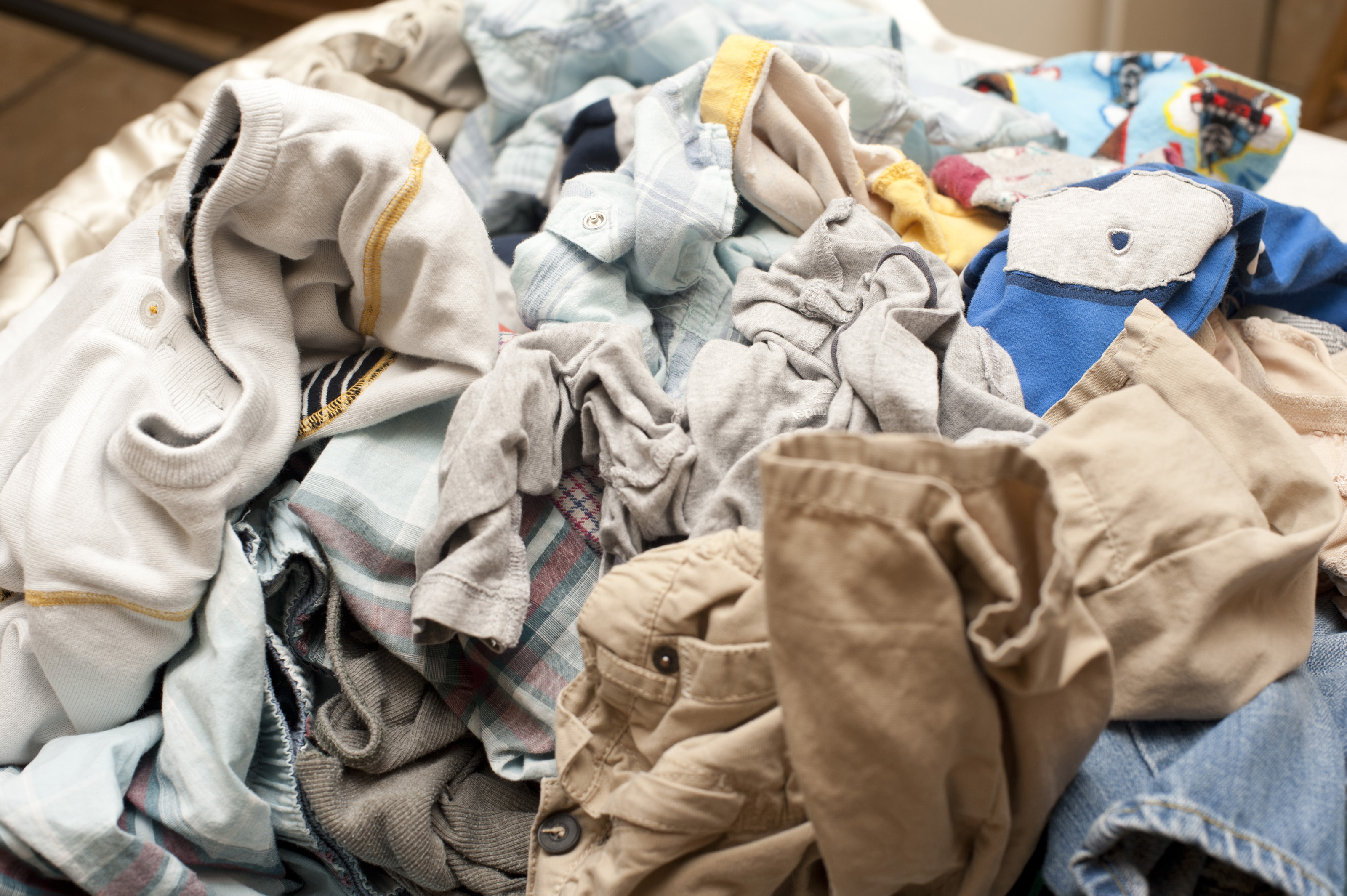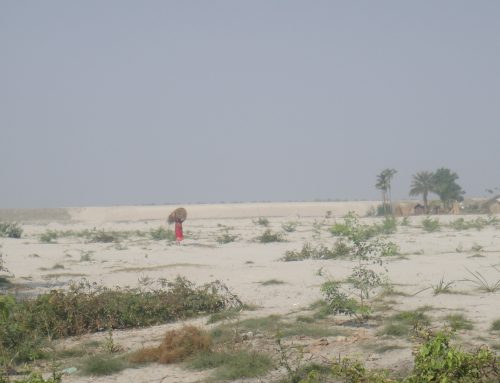16.03.2022
By Mimmi Pöysti
Project Coordinator at the Humanitarian Logistics and Supply Chain Research (HUMLOG) Institute at Hanken School of Economics

Two weeks ago, Hanken held a seminar titled “Ukraine – why help with cash instead of goods?”. The purposes of this event were twofold: to raise awareness about the humanitarian supply chain issue that is unsolicited donations, and to encourage people and organizations to donate money to humanitarian organizations working on the ground in Ukraine. Since then, the problem of goods donations blocking supply chains delivering aid to Ukraine has been discussed more widely in the media, and many humanitarian organizations have made statements asking for money rather than in-kind donations. Wojciech Piotrowicz and Sarah Schiffling explain this matter well in a recent article in The Conversation.
What about donating things for people closer to home? I happen to have worked in some of the sorting centres that were set up around Helsinki when a large (well, in Finnish terms, anyway) number of refugees came here in 2015-2016. I noticed two things: One, people really wanted to help, and that’s a lovely thing. Two, people did not consider the needs of the people they were trying to help. What followed was that in January 2016, local charities and humanitarian organizations received masses of bikinis, strappy summer dresses, shorts, dress shoes, sandals and dirty, worn out, ready to-be-recycled clothes. In other words, not something anyone, let alone a predominantly Muslim group of recipients would need during Finnish winter. Now, amongst all that unwanted stuff, there were also a lot of great donations: winter boots, winter jackets, new underwear, new socks, clothes that fit the needs and preferences of the people they were given to. To find these useful things among the mountains of rags and worn-out sandals, ludicrous amounts of professional and volunteer work hours were needed. Storage and sorting facilities, too. Transportation. Logistics, basically.
“One, people really wanted to help…two, people did not consider the needs of the people they were trying to help”
Incidentally, I was finishing my bachelor’s degree at Hanken at the time, with Supply Chain Management and Social Responsibility as my major and Humanitarian Logistics as my favourite subject. So, I decided to study the clothing collection for asylum seekers in Finland and try to identify challenges and ways to improve the matching of donations and needs. The challenges were unsurprising: unwanted donations clog up supply chains, causing delays in delivery and distribution and wasting resources. This was a very small case in comparison to Ukraine, but from what I gather through reports coming from the Ukraine-Poland border, the lesson has not been learnt and the same problems exist, only on a much larger scale.
I want to add another little aspect on top of the supply chain one. Interviews with recipients for my thesis showed that clothing donations are important for people who have lost almost all their possessions when fleeing from crisis, but also that the quality of these donations must be high enough in order for them to increase the wellbeing of the recipients. This brings me to perhaps my favourite word in the humanitarian field: dignity. When you’re helping someone, try to reflect whether you are doing it in a way that upholds or, ideally, lifts their dignity. Quite literally: put yourself in someone else’s (old) shoes. Would you feel better in someone’s broken, muddy loafers, or would you in fact feel better in your own broken, muddy loafers, if it spared you the slight humiliation?
What other ways can just anyone without humanitarian training and expertise help people? When more refugees arrive in our hometown, what can we do? One question that came from the audience during Hanken’s seminar was hosting refugees in our own home. As Gyöngyi Kovács so aptly put it: That’s great! Who would want to live at a reception centre? Staying in a local home, making friends and local connections, and becoming integrated into the host society would surely be a much more appealing option to anyone, anywhere. Gyöngyi did point out that such commitment should not be taken lightly, as there is no guarantee that everyone will get along for a longer period of time. But we have seen people in Finland opening their homes to refugees already, and that to me is a wonderful thing to see. In conclusion: more compassion and more efficiency, less spring cleaning and solo adventures to an already overcrowded context. Those are my two cents on this matter, but my brilliant colleagues Wojciech Piotrowicz, Amin Maghsoudi, Russell Harpring and Graham Heaslip bring forth more elaborate and convincing arguments in these open access articles: Cash and Voucher Assistance along Humanitarian Supply Chains: A Literature Review and Directions for Future Research and In-kind donations, cash transfers and local procurement in the logistics of caring for internally displaced persons: The case of Polish humanitarian NGOs and Ukrainian IDPs.
Mimmi Pöysti is a project coordinator at the HUMLOG Institute, having both received her Masters in Humanitarian Logistics and worked in the field, she now brings her knowledge background, real-world experience, and academic expertise to support and coordinate research across the HUMLOG Institute. To reach out with any questions, send am email to HUMLOG@hanken.fi with the subject line “HUMLOG Blog”.



